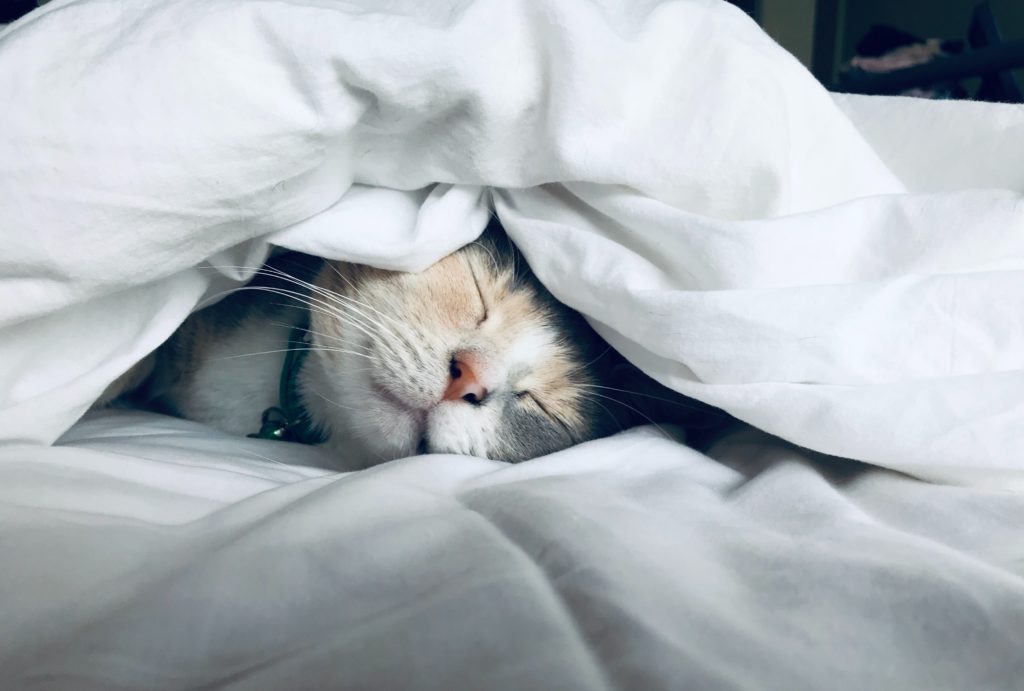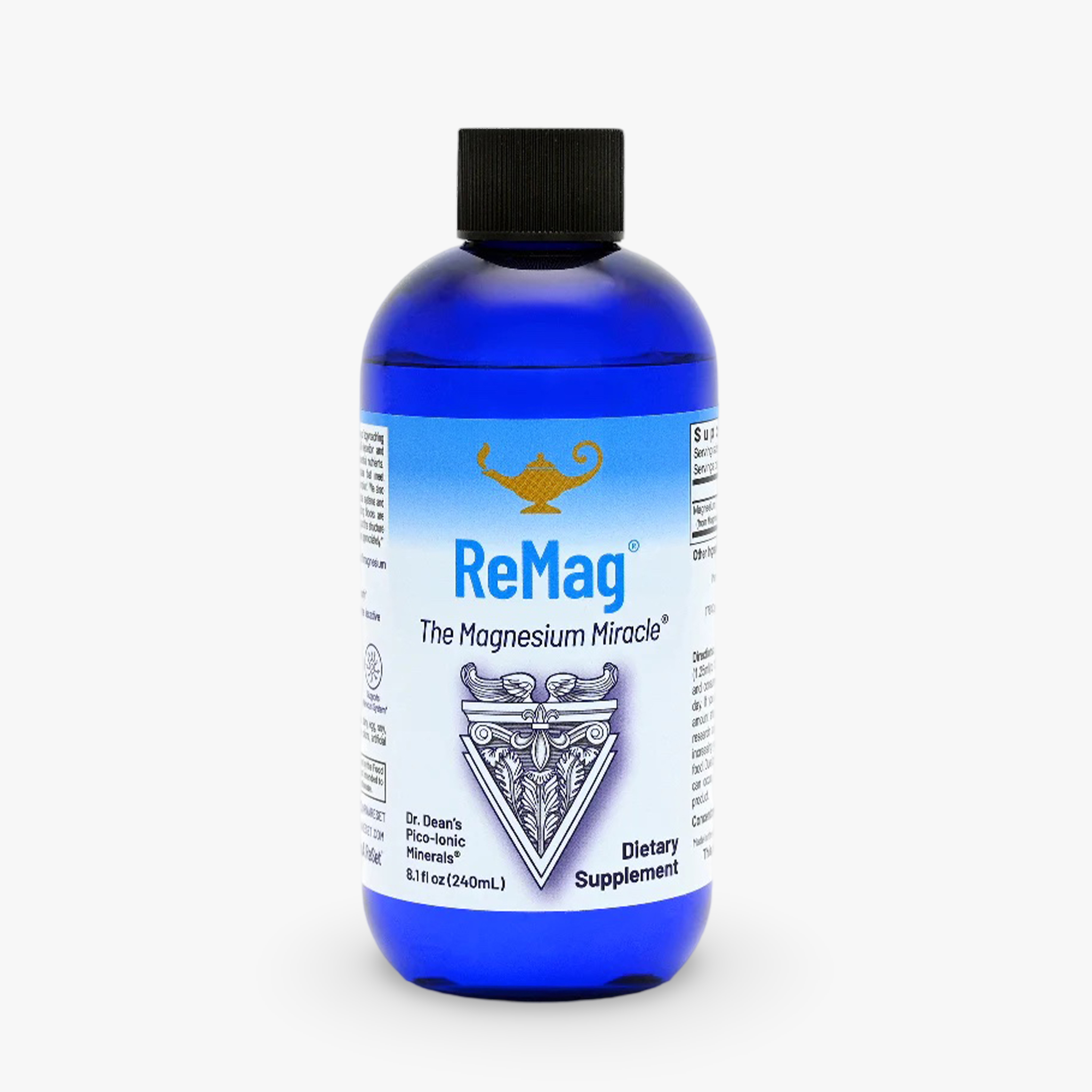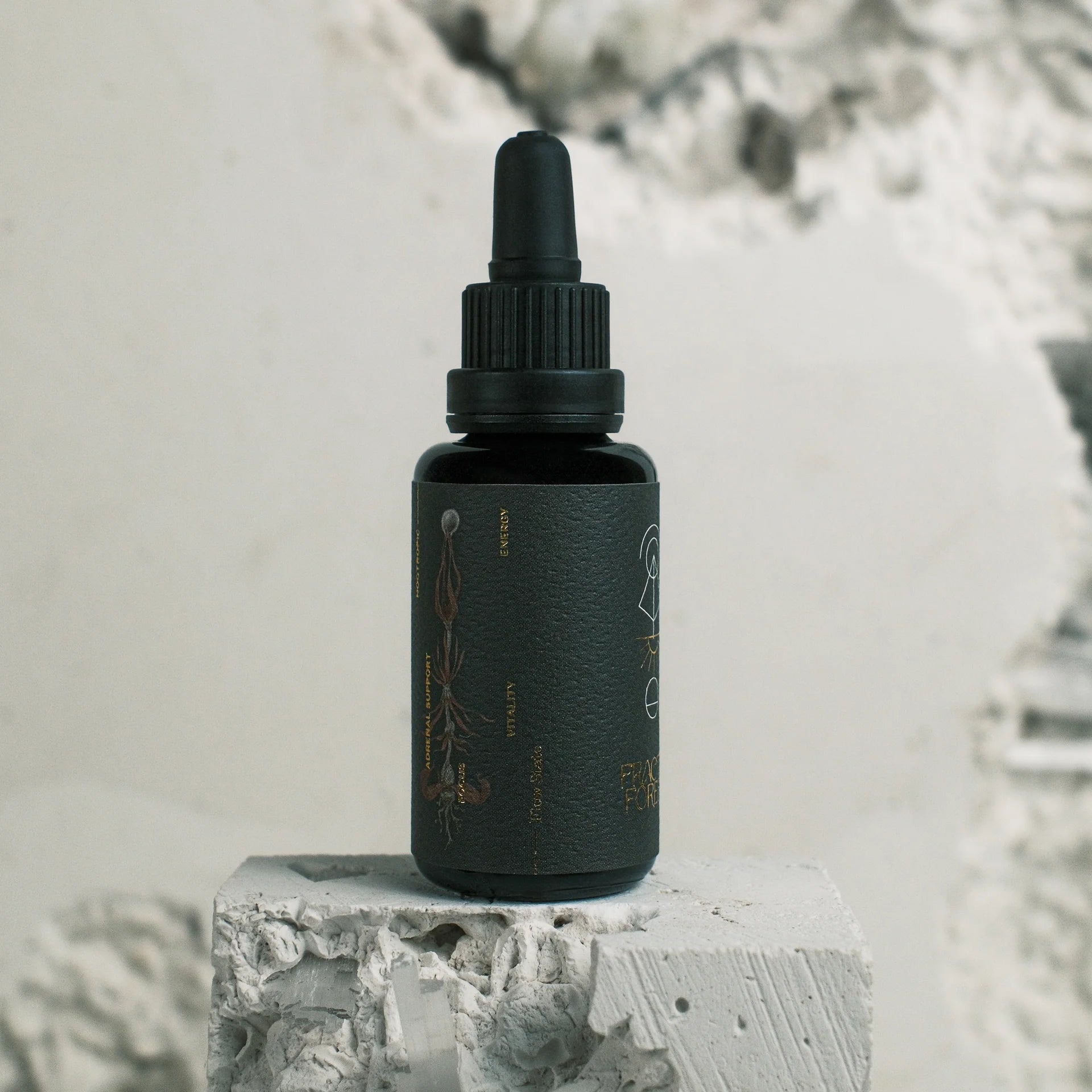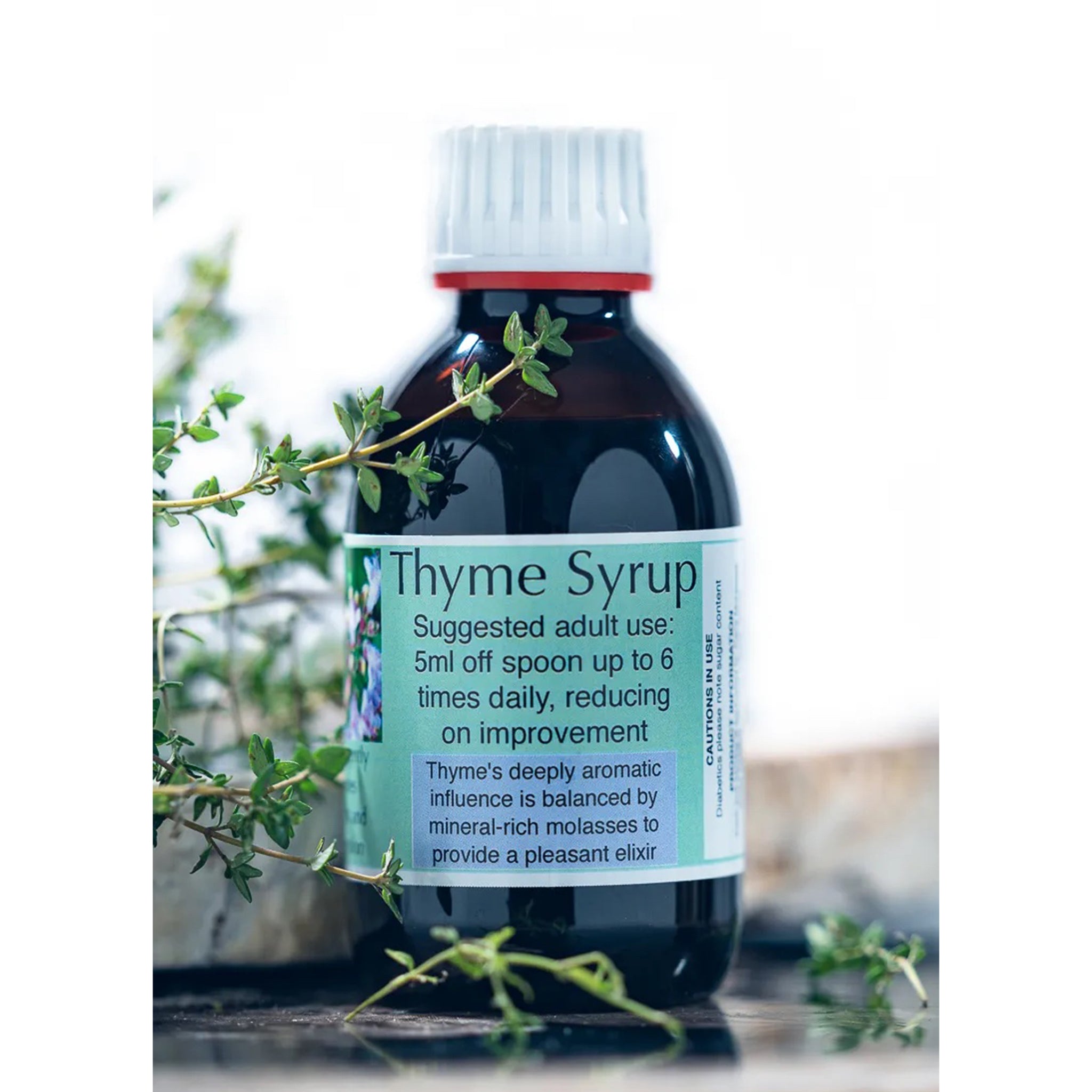“Sleep that knits up the ravell’d sleave of care,
The death of each day’s life, sore labour’s bath,
Balm of hurt minds, great nature’s second course,
Chief nourisher in life’s feast.”
–Macbeth (Act II, Sc. ii), Shakespeare
“Good sleep requires fairly vigorous metabolism and a normal body temperature. In old age, the metabolic rate is decreased, and sleep becomes defective.” -Ray Peat, PhD
Insomnia is such a curse and a common complaint. It can be a lonely health condition, everyone else in the world seems to be in the land of nod while you toss and turn, struggling to find peace and rest.
You may find you go to bed, lie awake for hours, unable to switch off, ruminating thoughts drive you mad, or you may get to sleep only to wake between 1am and 3am unable to fall easily back off to sleep. Restless legs and twitching may keep you alert and disturbed or you may have frequent nocturnal visits to the bathroom.
It is also common to wake up at 4am tossing and turning and finally, if you are lucky, you fall asleep just before the alarm goes off.
You rise from bed tired, low in energy and unenthusiastic about the day ahead. Running on adrenaline you drag yourself through the day, finally reaching bedtime for the same miserable routine to start all over again. You may even ‘sleep well’ but rise unrefreshed feeling cheated because you have slept all night.
Unfortunately poor sleep quality is associated with depression, obesity, dementia, heart disease, high blood pressure, cancer and other health problems.
Undisturbed sleep is necessary for cell regeneration, detoxification, hormone balance, a healthy immune system, cognitive function and energy to cope with the day ahead.
A deficiency in vitamins and minerals, not eating enough, hormone imbalances, thyroid dysfunction and an overload of stress can often cause sleep disturbances. The day after a restless night leaves you running on stress hormones (adrenaline and cortisol) which get you through the day but then stop you sleeping soundly at night yet again.
So what to do?
Tips for a better sleep tonight
It begins at the start of the day when you must take a morning walk as morning sunlight reinforces your natural circadian rhythms.
- Have a sweet snack or drink before bed. Ideally a milky drink sweetened with honey. You can also add collagen to this drink as it lowers inflammation and induces sleep. Remember that sweet tea was traditionally given to someone suffering from shock to bring down the stress response. Sometimes the old fashioned tips are the best.
- Consider magnesium to reduce stress, lower night time cortisol and improve sleep quality. ReMag is very beneficial for insomnia and stress, with a dose morning and evening particularly helpful. ReMag also often eradicates night cramps and Restless Leg Syndrome (Study). Ashwagandha ( Latin name Withania somnifora hints at its sleep support)) is a very useful adaptogenic herb and taken after breakfast and then again after the evening meal is recommended until sleep improves (Study). L-theanine an amino acid found naturally in green tea has been shown to lower the “excitatory” brain chemicals, promote relaxation and help you fall asleep quicker and for longer. During the day it promotes “wakeful relaxation” without feelings of drowsiness. (Study).
- Have a salty snack as sodium also lowers cortisol and balances blood sugar and helps maintain body temperature. Low temperature due to hypothyroidism and poor metabolism will prevent good quality sleep.
- Keep blood sugar balanced all day long from your first to your last meal. Remember the type of food consumed during the day has an impact on your sleep at night. Don’t skip meals and make a determined effort to eat regular meals of protein and carbohydrate. Not eating and missing meals creates a stress response, suppressing metabolism.
- Avoid evening exercise. This too raises stress hormones, leaving you unable to switch off and wind down before bed.
- Avoid allergenic foods. You may find you are bloated after them, or they may leave you feeling tired or anxious. Listen to your body.
- Have an Epsom salt bath, and try and relax in the water for 20 minutes, allowing all the minerals to absorb.
- Decide after your evening meal to switch off your phone and avoid computer work. Blue light from these screens causes sleeplessness.
- Practice 7/11 breathing (in for 7 and out for 11), preferably through the nose using the diaphram, rather than the higher up chest breathing, for 5 or 10 minutes after retiring to bed. Deep breathing activates the Parasympathetic Nervous System allowing you to rest and relax. The out breath lowers blood pressure and slows heart rate.
“Since glucose and salt are used to treat shock (intravenous 7.5% salt solutions are effective), it seems appropriate to use carbohydrate (preferably sugar, rather than starch) and salty foods during the night, to minimize the stress reaction. They lower adrenalin and cortisol, and help to maintain the volume and fluidity of blood. Thyroid, to maintain adequate carbon dioxide, is often all it takes to improve the blood levels of salt, glucose, and adrenalin.” -Ray Peat, PhD






